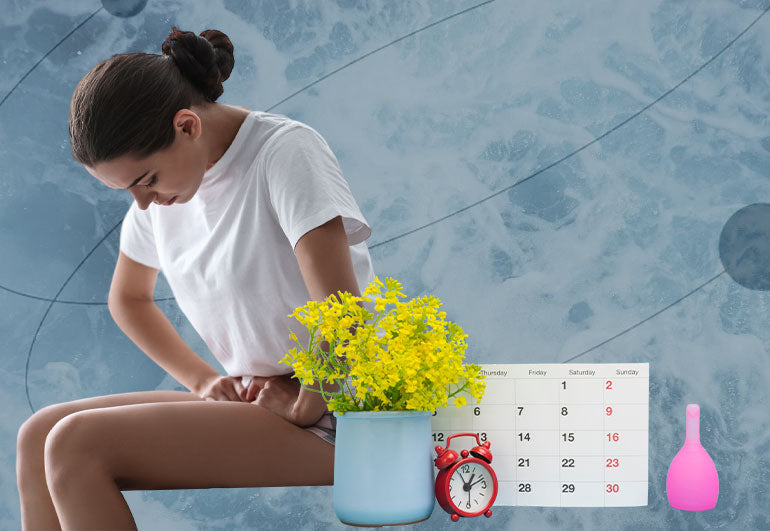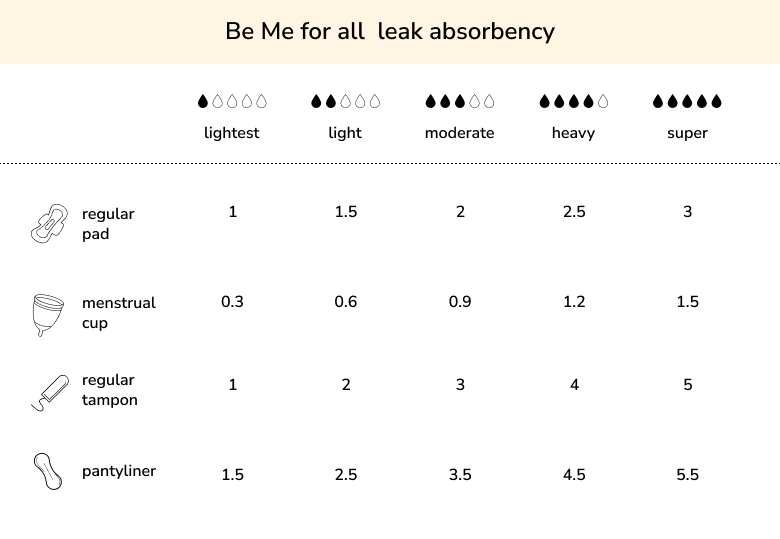
Team Be Me Dives Deep Into The World Of PMS!
Truth bomb dropping in 3…2..1.
Some period-related terms may elude you. Menses, menopause, perimenopause. It’s a lot to take in and you’re already doing so much by acing your monthly cycle every month. Kudos to you for that!
But there are some basic menstruation terms that may also confuse you and you might even end up ignoring their meaning altogether.
But not anymore and especially not when Team Be Me is here to simplify them for you.
Today’s Period Term Of The Day is Premenstrual Syndrome or notoriously known as PMS.
WHAT ARE PMS SYMPTOMS?

Before we begin, we’d like to clear the air by saying that your symptoms may either be ‘slightly noticeable’ or ‘downright intense’. Regardless, they tend to recur in a predictable pattern which you can observe during your monthly flow.
The symptoms are:
- Tension or anxiety
- Depressed mood
- Crying spells
- Mood swings and irritability or anger
- Appetite changes and food cravings
- Trouble falling asleep (insomnia)
- Social withdrawal
- Poor concentration
- Change in libido
- Joint or muscle pain
- Headache
- Fatigue
- Weight gain related to fluid retention
- Abdominal bloating
- Breast tenderness
- Acne flare-ups
- Constipation or diarrhea
- Alcohol intolerance
Worried that you get most or all of these symptoms? Don’t worry, because there are treatments and lifestyle adjustments that you can make to reduce/manage them.
While most women experience these symptoms only for four days after their period begins, some women experience them more aggressively and when they do, it’s known as premenstrual dysphoric disorder (PMDD).
This disorder entails feeling extremely depressed, irritable, anxious, and not being able to concentrate on the simplest of tasks.
WHAT CAUSES PMS?

We wish that we and modern science had a concrete answer for you. But we don’t. Until then, we can only speculate.
Some PMS causes can be:
1. CYCLIC CHANGES IN HORMONES aka hormonal fluctuations.
2. CHEMICAL CHANGES IN THE BRAIN i.e fluctuations of a neurotransmitter named serotonin which is thought to play a significant role in mood states. When serotonin is scarce, it could trigger premenstrual depression.
3. DEPRESSION that is undiagnosed.
It's estimated that as many as 3 in every 4 women have experienced some form of premenstrual syndrome and that’s OKAY, women of Be Me.
As long as you know how to navigate the signs of PMS, you’re good. However, at the same time, keep an eye on the symptoms and if they seem to be getting out of hand more frequently, then we recommend you consult a doctor as soon as possible.
See you in the next Be Me blog.










